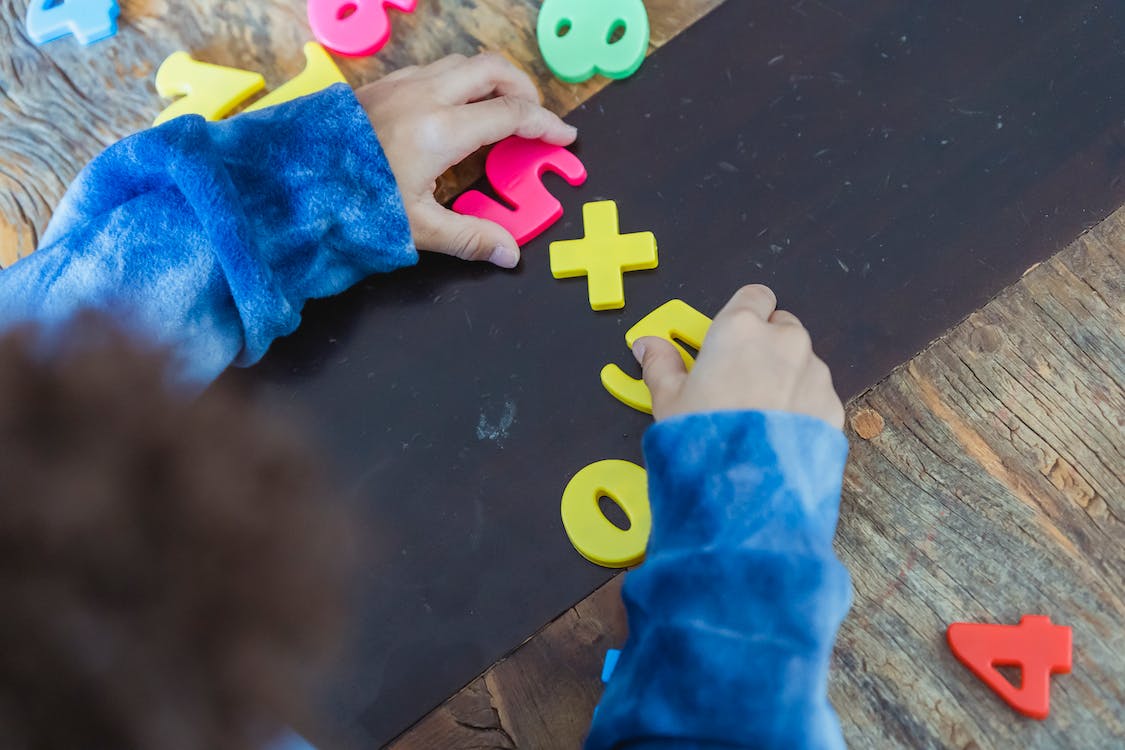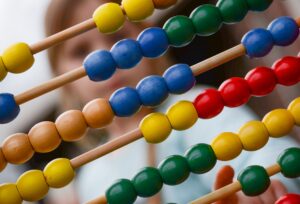
How Parents Can Help Children with Math Skills by Doing Everyday Things
Math is an essential skill that children need to learn to be successful in school and life. However, many parents worry they’re not strong in math or don’t know how to teach their children math concepts. The good news is that parents can do many simple things to help their young children develop their math skills simply by incorporating math into their everyday lives.
Here are a few tips for developing math skills:
Talk about math: One of the best ways to help your child learn math is to talk about it in everyday life. Point out numbers and shapes you see around you and discuss how they’re used. For example, you could say, “Look, there are three cars in the driveway,” or “That building is shaped like a rectangle.” You can also talk about math concepts in everyday activities, such as cooking, shopping, or playing games. For instance, when baking cookies, you could talk about how many cookies you’re making, how many cups of flour you need, how long you need to bake them, etc.
Play math games: There are lots of fun and educational math games that you can play with your child at home. These games can help your child practice math skills while having fun. Some popular math games include board games like Monopoly and Chutes and Ladders, card games like Go Fish, and various age-appropriate computer/tablet games.
Use concrete objects: When teaching your child math concepts, using tangible things they can see and touch is helpful. For example, when teaching your child about counting, you could use blocks, beads, coins, or other small objects. When teaching your child about adding, you could use building blocks or other toys to represent the math problem physically.
Make it fun: The most important thing is to make learning math fun for your child. If your child enjoys themselves, they’re more likely to learn and remember the concepts. So try to find activities and games your child enjoys, and don’t be afraid to get creative.
What else can you do to strengthen math skills?
At the grocery store: Ask your child to help you count the items in your cart or to compare the prices of different items.
In the kitchen: Ask your child to help you measure ingredients or to double or triple a recipe.
At the park: Ask your child to count the number of steps on the slide or to compare the heights of different children.
While playing games: Play games that involve counting, sorting, or matching.
During story time: Choose books with math themes, such as counting or shape books.
Here are some additional tips:
Don’t be afraid to say, “I don’t know.” If your child asks you a math question that you don’t know the answer to, don’t be afraid to say so. It’s okay to admit that you don’t know everything. Instead, you can use the opportunity to learn together.
Don’t pressure your child. Creating a relaxed and supportive learning environment for your child is essential. Don’t pressure them to perform well or to learn at a certain pace. Let them learn at their own pace and in their own way.
Make it relevant to their life. Children are more likely to learn and remember math concepts if they see their relevance to their lives. So, try to find ways to connect math to their everyday experiences. You could talk about how they need to use math to figure out how much money they have to spend at the store or how long it will take them to ride their bike to the park.
It is important to be patient and encouraging. Learning math takes time and practice.
For more information like this, visit AMC blogs.
By: Melissa A. Kay

